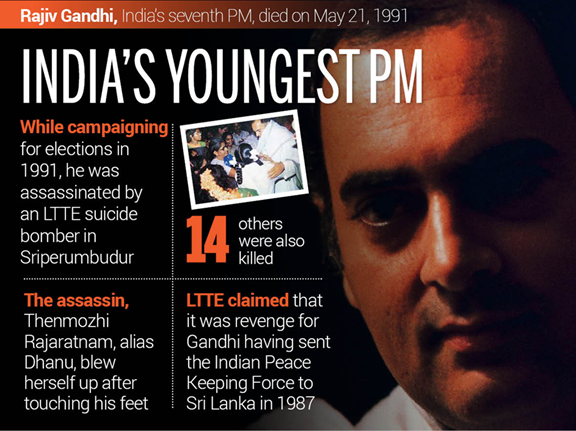PREVIOUS
K. Veeraswami judgment – 1991
May 24 , 2025
263 days
907
0
- Vice President has opined to revisiting a 1991 judgment delivered by the Supreme Court in K. Veeraswami Vs Union of India.
- Kuppuswami Naidu Veeraswami had commenced his legal practice by joining the Madras Bar in 1941.
- He was appointed as Assistant Government Pleader in 1953 and Government Pleader in 1959.
- On May 1, 1969 he had become the Chief Justice of the High Court.
- In 1976, the CBI had registered a First Information Report (FIR) against him for the offences under the Prevention of Corruption (PC) Act of 1947.
- He has filed a petition in the Madras High Court in 1978 to quash the criminal proceedings initiated against him.
- In 1979, a full Bench (comprising three judges) of the Madras HC refused to quash the investigation in a 2-1 ruling.
- Justice Veeraswami moved the SC in appeal, which finally decided the matter in 1991.
- The SC had to decide whether a judge of a High Court or of the SC is a “public servant” for the purpose of the Prevention of Corruption Act, 1947.
- The government had argued that, unlike the President and Governors, there is no immunity for judges of the higher judiciary under the Constitution.
- In a 3-2 verdict, the SC held that while a judge can be considered a public servant for a corruption case to be registered against him, the sanction must come from the CJI.
- In 2019, for the first time, then CJI Ranjan Gogoi gave permission to the CBI to register an FIR against Justice S N Shukla of the Allahabad High Court.
- Justice Gogoi’s predecessor, the CJI Dipak Misra, had recommended the impeachment of Justice Shukla, but the government did not act on it.

Leave a Reply
Your Comment is awaiting moderation.


